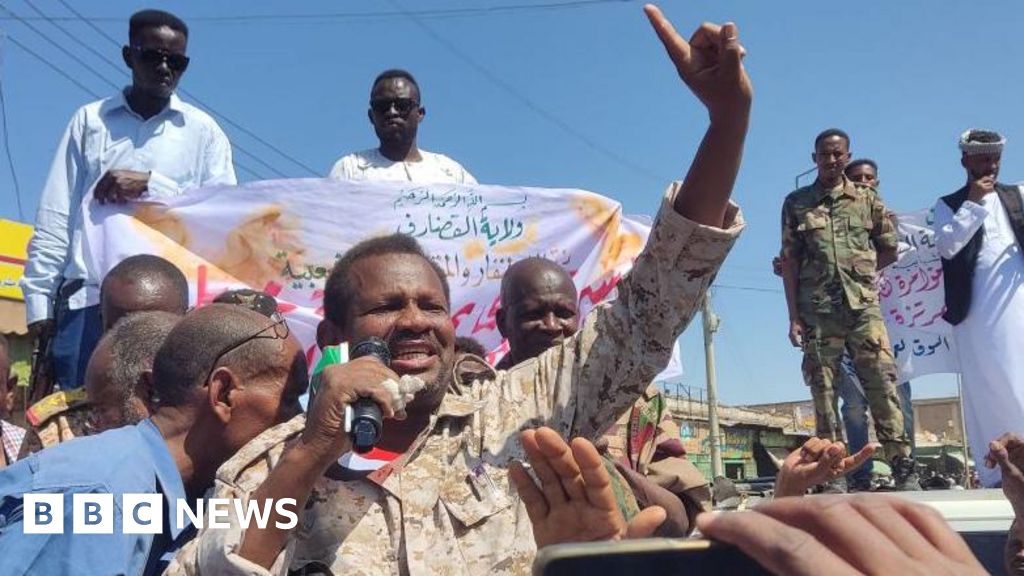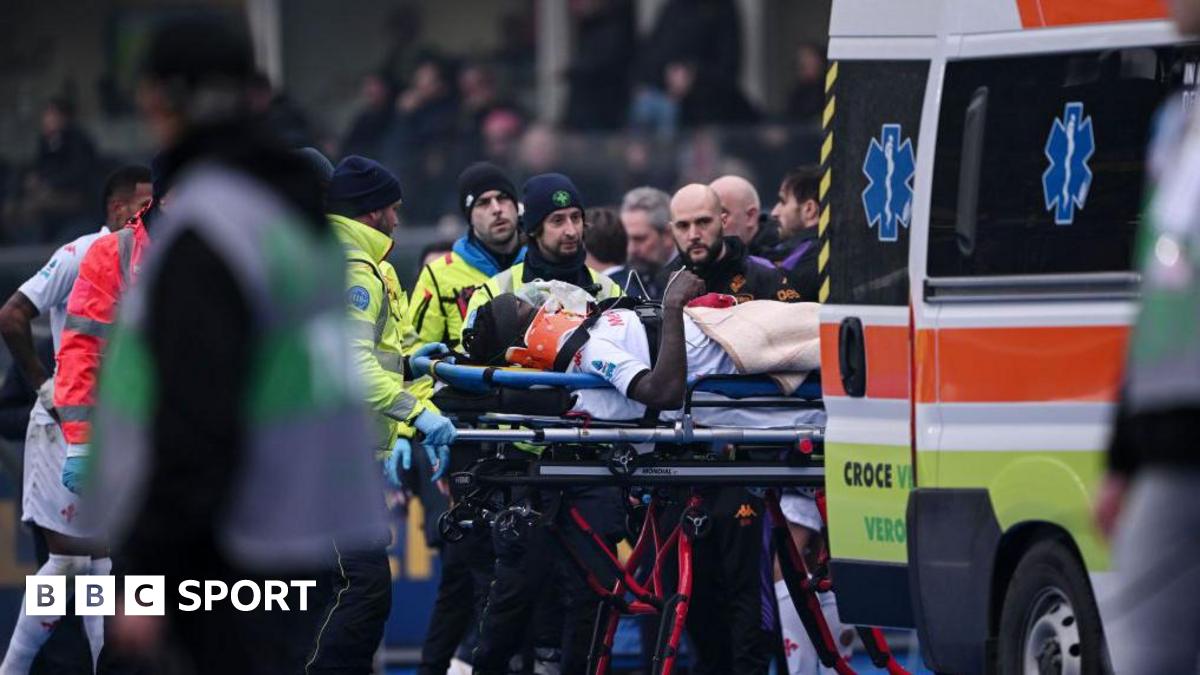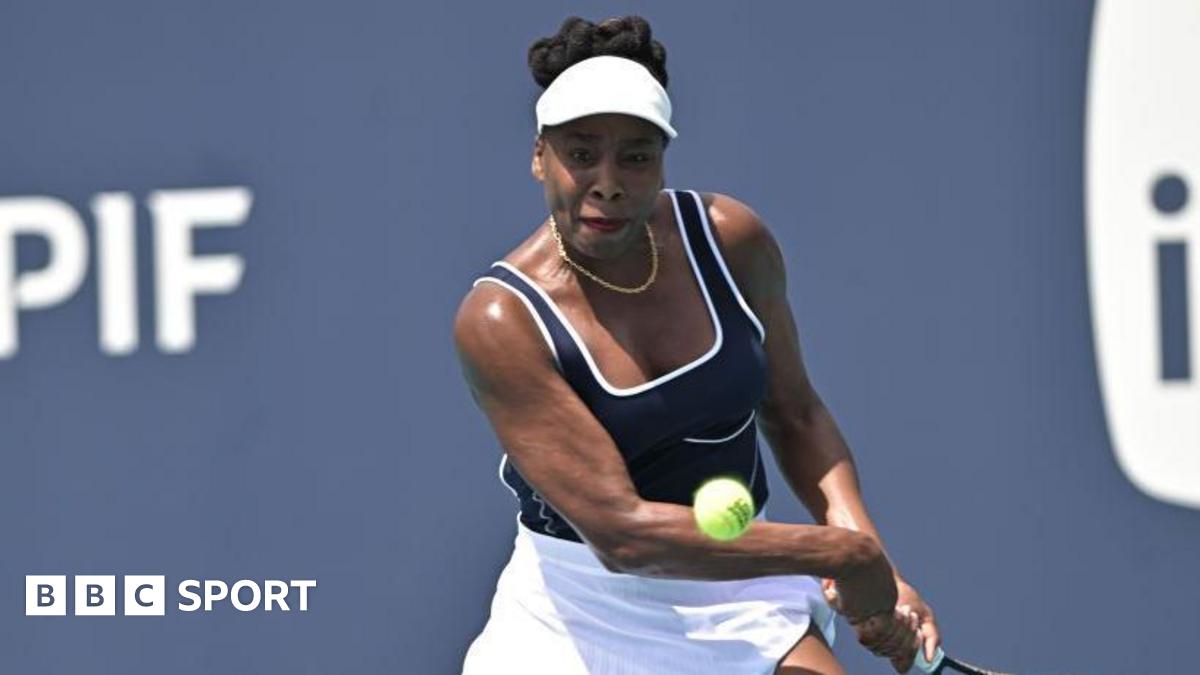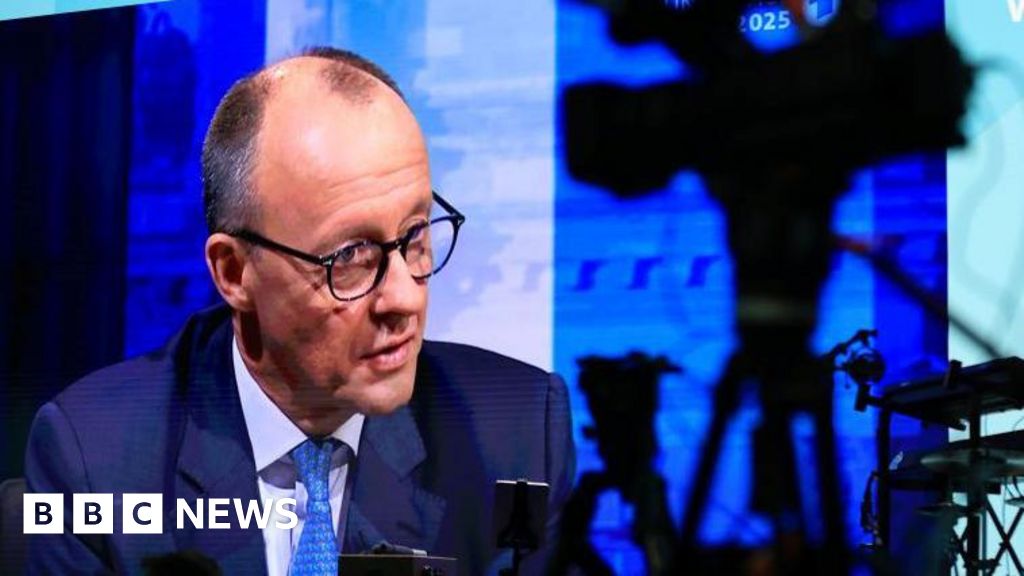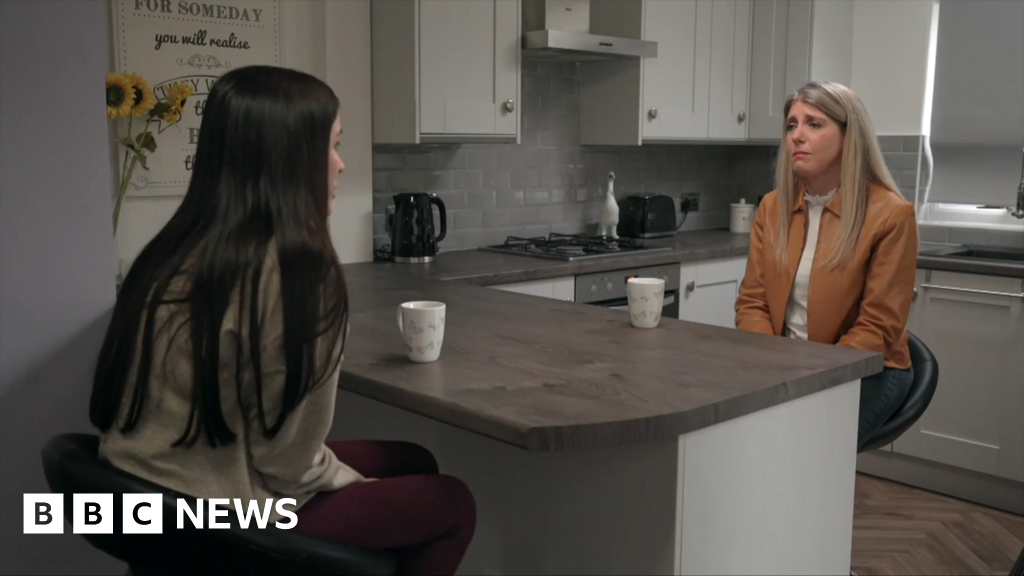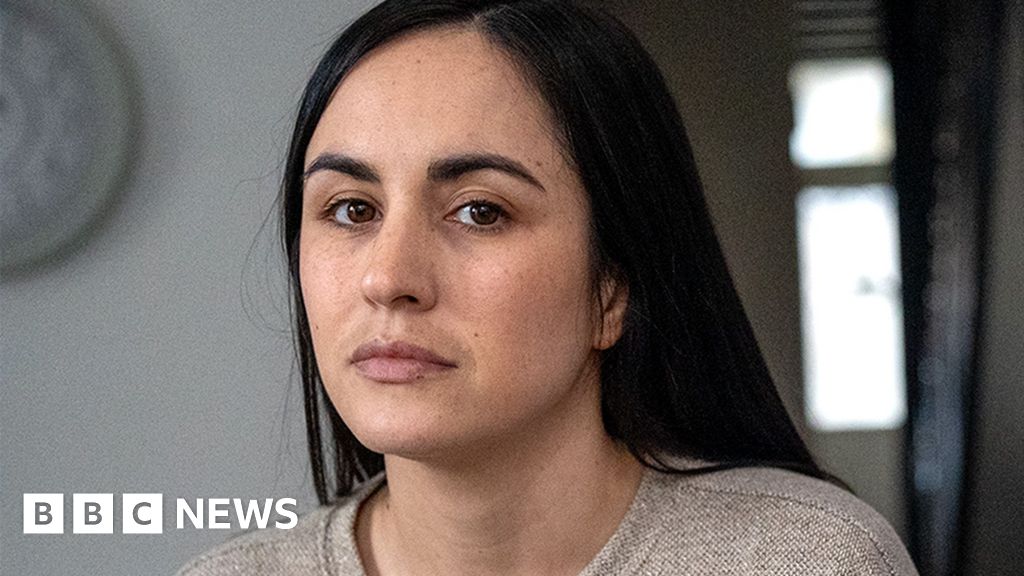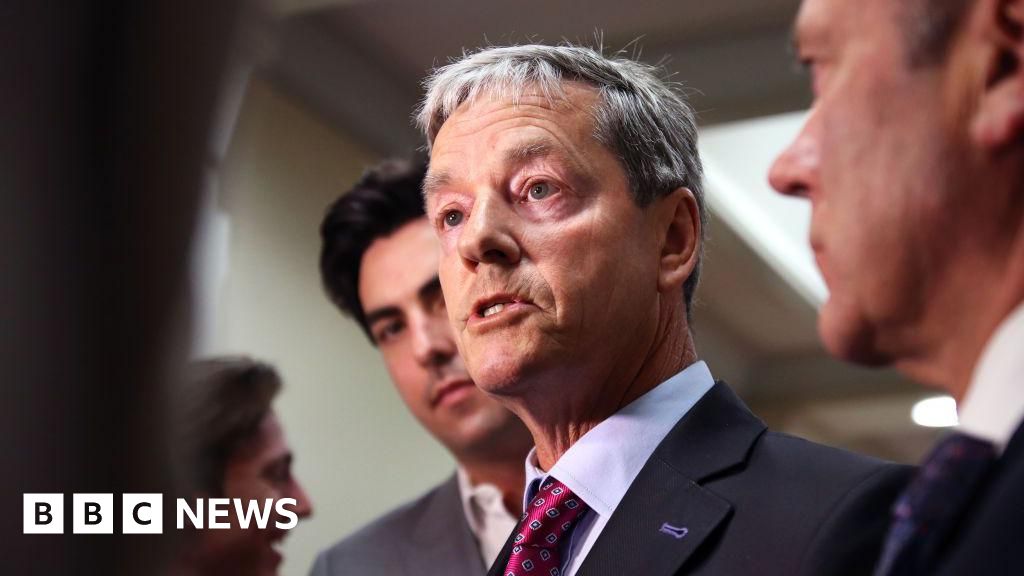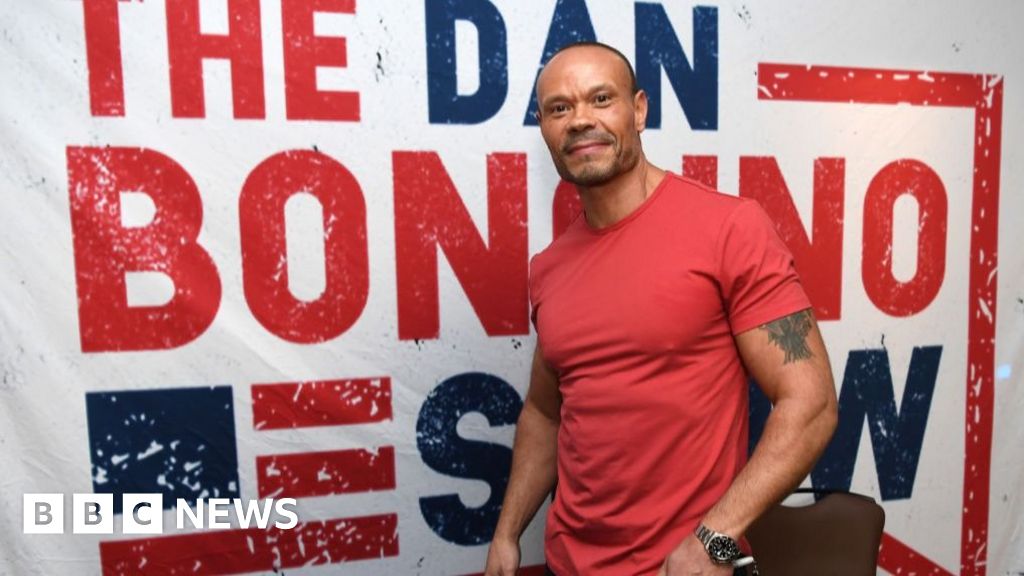The UN's top court, the International Court of Justice (ICJ), issued a ruling last week on Israel's military offensive in Rafah.
It was the latest pronouncement by the court in a case brought by South Africa, which accuses Israel of a genocide in the Gaza Strip. Israel has vehemently denied the allegation.
Since the case began, the court has delivered a series of contested rulings.
The two most important concern whether or not the court has suggested there is a risk of genocide in Gaza. The second ruling - delivered on 24 May - includes hotly disputed wording over the military operations in Rafah.
It is now being intensively scrutinised and argued over.
In last week’s order, the court ruled by 13 votes to two that Israel should: “Immediately halt its military offensive, and any other action in the Rafah Governorate, which may inflict on the Palestinian group in Gaza conditions of life that could bring about its physical destruction in whole or in part.”
Headlines suggested this was an order to stop all military operations in Rafah - but some of the judges disagree with what it means.
Five of the 15 published their own views. Three had supported the order and two had opposed it.
Judge Bogdan Aurescu from Romania said he voted for the order, but revealed that he thought the court was being “unclear” and underlined that it could not ban Israel from taking legitimate action in self-defence.
Judge Dire Tladi, from South Africa, disagreed with Aurescu, even though they had voted for the same order. He said it told Israel “in explicit terms” to stop its offensive in Rafah.
The two judges who had opposed the order declared that whatever the others had voted in favour of, it was surely not a demand for Israel to begin a unilateral ceasefire in Rafah.
Uganda’s Julia Sebutinde said the court could not “micromanage” a war and Israel’s Aharon Barak, temporarily-appointed for the case, said the ICJ’s order was “qualified” so long as the country adhered to the Genocide Convention.
The summary from Germany’s judge, Georg Nolte, is the most revealing to where the court finds itself.
The order, as he voted for it, banned military action “as far as it could endanger the rights of the Palestinian people” to be protected from a risk of genocide. But he stressed: “The court can play only a limited role in resolving the situation. It must be careful not to overstep the limits of what it can and should do.”

 8 months ago
37
8 months ago
37
